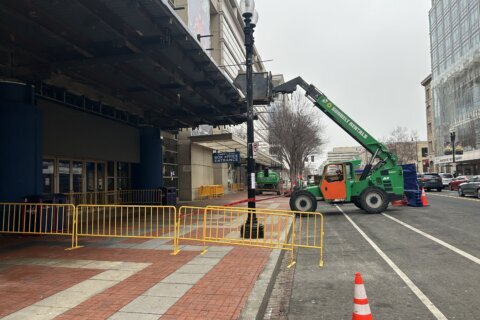When you head to Rehoboth, Bethany or Fenwick next year, be aware: A ban on plastic carryout bags starts in larger stores, including grocery and convenience stores, on Jan. 1.
You won’t find single-use plastic bags at larger Delaware stores — those over 7,000 square feet, or those with at least three locations that are 3,000 square feet or more.
That means you won’t see them in grocery stores, pharmacies or big box stores. You’ll need to either bring or buy reusable bags.
Merchants can choose to offer paper bags, cloth bags or a thicker type of plastic bag that is designed to be reusable, according to the new state law. Stores can charge a fee for the bags they provide, or they could opt not to provide bags.
Violating the law can lead to a $500 fine for the first violation, up to $1,000 for the second violation and up to $2,000 for the third, and each subsequent, violation for stores that do not comply.
The aim is to reduce litter, help wildlife and save landfill space. Getting rid of the bags will help recycling facilities. Machinery sometimes has to shut down when plastic bags get stuck.
Small stores with one or two locations won’t be affected, nor will restaurants.
According to Delaware, fewer than 10% of plastic carryout bags are recycled or reused across the U.S.
“Each Delawarean uses about 434 plastic bags, and that means nearly 2,400 tons of plastic bags end up in our landfills, annually,” said Delaware Department of Natural Resources and Environmental Control Secretary Shawn Garvin in a news release.
“A decrease by the public of plastic carryout bags can mitigate a large portion of this waste, and help our environment by reducing the amount plastic bags on our roads and waterways that can harm us and our wildlife.”
DNREC suggests washing or disinfecting the reusable bags you take to the store.
See the specifics of the plastic bag ban in Delaware online.
Delaware joins four other U.S. states — California, Hawaii, New York and Oregon — that have bag bans. New Jersey has a ban that goes into effect in May 2022. More than a dozen other states have bans or fees at the county or town level, including Maryland’s Montgomery County.









